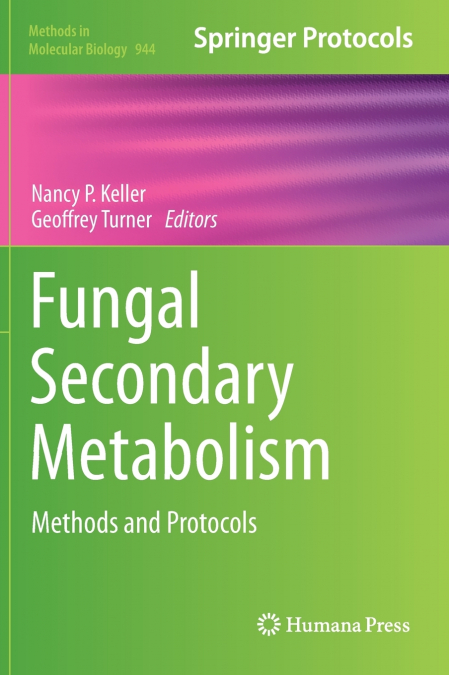
Filamentous fungi have long been known for their ability to produce an enormous range of unusual chemical compounds known as secondary metabolites, many of which have potentially useful antibiotic or pharmacological properties. Recent focus on fungal genomics coupled with advances in detection and molecular manipulation techniques has galvanized a revitalization of this field. Fungal Secondary Metabolism: Methods and Protocols is aimed at providing the key methodologies currently in use and necessary for accessing and exploiting the natural product information provided by the genomes of this large and varied kingdom. Written by active researchers in the field, the chapters deal with all the steps necessary, from optimization of fungal culture conditions for metabolite production, through rapid genome sequencing and bioinformatics, and genetic manipulations for functional analysis, to detection and testing of metabolites. In addition, chapters on basic science address approaches to the genetic regulation, protein biochemistry, and cellular localization of the biosynthetic pathways. Written in the highly successful Methods in Molecular Biology™ series format, chapters include introductions to their respective topics, lists of the necessary materials and reagents, step-by-step, readily reproducible laboratory protocols, and tips on troubleshooting and avoiding known pitfalls. Practical and hands-on, Fungal Secondary Metabolism: Methods and Protocols encourages new investigators to enter the field and expands upon the expertise and range of skills of those already researching fungal natural products.